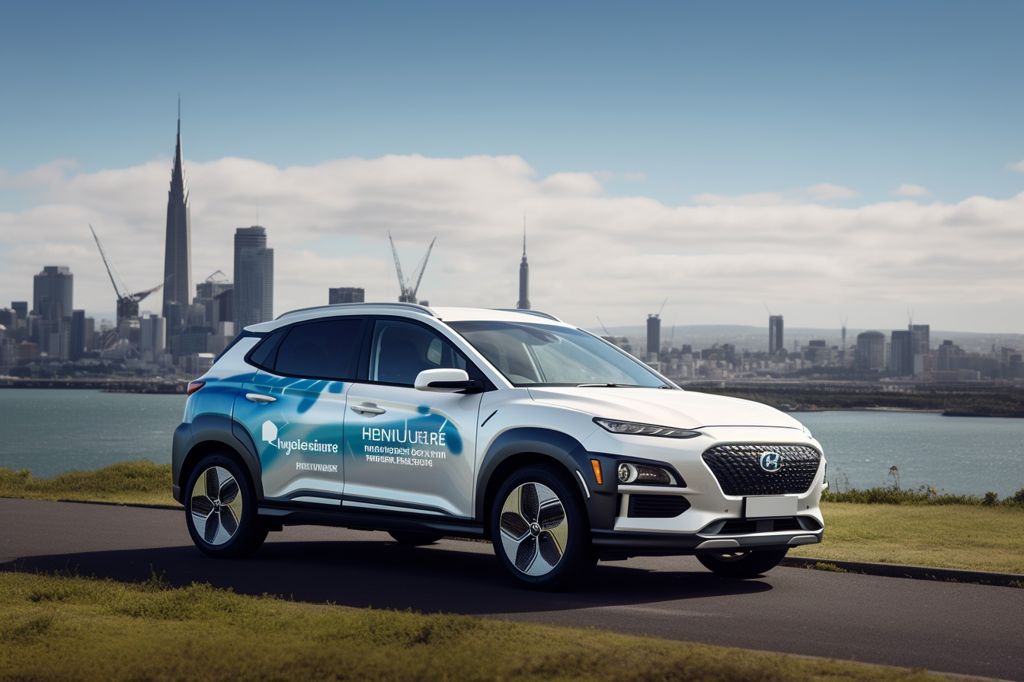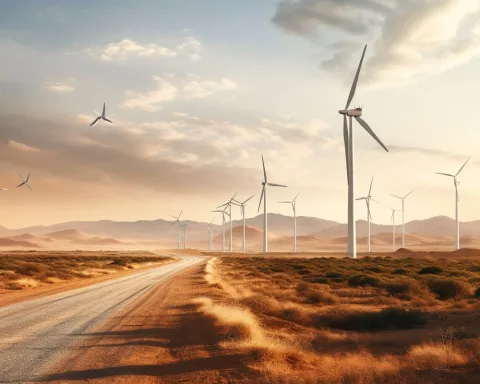South Africa is making significant strides towards a hydrogen economy, with the recent docking of the Energy Observer, a hydrogen-powered boat, at the V&A Waterfront in Cape Town. This achievement highlights the potential of a hydrogen economy and emphasizes the importance of embracing innovative, sustainable energy solutions.
Science, Technology, and Innovation as Primary Drivers of Economic Growth
The National Development Plan (NDP) has identified science, technology, and innovation (STI) as primary drivers of economic growth, job creation, and socio-economic reform. To foster a national system of innovation (NSI), the Department of Science and Innovation (DSI) champions creativity, learning, and entrepreneurship. The 2019 White Paper on STI highlights inclusivity, transformation, and partnerships within the NSI, emphasizing the importance of a collaborative approach towards a hydrogen economy.
The Decadal Plan and Energy Research, Development, and Innovation Flagship Programmes
The DSI’s Decadal Plan focuses on addressing various challenges faced by the nation, including the current energy crisis and disaster preparedness. The plan outlines a government-wide roadmap, with Air Liquide, a multinational company, playing a significant role in strengthening the country’s capacity to address these challenges. In addition, South Africa’s participation in energy research, development, and innovation (RDI) Flagship Programmes aims to advance the NDP and the 2019 White Paper on STI. Key principles guide the RDI programmes, including innovation in support of a developmental state, increased investment in artisanal/technician skills, co-investments with the private sector in technology innovation, local value addition, diversification of the energy mix, and support for local companies to maintain global competitiveness.
The Platinum Valley Initiative and Coal CO2 to X RDI Programme
The Platinum Valley initiative (PVI) is South Africa’s version of a Hydrogen Valley, aiming to implement the Cabinet-approved National Hydrogen Society Roadmap 2021 (HSRM) in partnership with Anglo American Platinum, Bambili Energy, and Engie Energy Services SA. The study explored opportunities along a corridor from Mogalakwena Mine in Limpopo to Durban, promoting the use of hydrogen-related technologies in various sectors along the route. Nine catalytic projects were identified within the mobility, industrial, and building sectors to kick-start the hydrogen economy in the Platinum Valley, with the study projecting a GDP contribution of $3.9 to $8.8 billion and the creation of 14,000 to 30,000 jobs per year by 2030.
Another initiative contributing to South Africa’s journey towards a hydrogen economy is the Coal CO2 to X RDI Programme, employing carbon capture and utilization (CCU) technology to capture carbon dioxide (CO2) from flue gas and convert it into sellable commodities, such as fertilizers, creating new industries and jobs.
Commercialization and Creating New Industries
The DSI, in collaboration with Air Liquide, seeks to support commercialization and the creation of new industries through local manufacturing of components, smart inbound technology transfer, and integrating locally developed technologies into products. By doing so, South Africa can utilize its mineral endowment, renewable energy assets, land availability, and local industrial capabilities to create a globally competitive hydrogen economy.
Ensuring Gender Equality and Social Inclusion
The Just Energy Transition Investment Plan allows South Africa to rebrand itself as a destination for sustainable investment, incorporating environmental, societal, and good governance (ESG) principles. Ensuring gender equality and social inclusion is essential in the transition to a low-carbon economy in order to tackle poverty, inequality, and unemployment.
The partnership between the DSI and Air Liquide is a significant step towards a hydrogen economy in South Africa. The docking of the Energy Observer in Cape Town is an important milestone, showcasing the nation’s commitment to embracing and investing in innovative, sustainable energy solutions. By leveraging local innovation, resources, and capacities, South Africa can create a globally competitive hydrogen economy while addressing socio-economic challenges.











